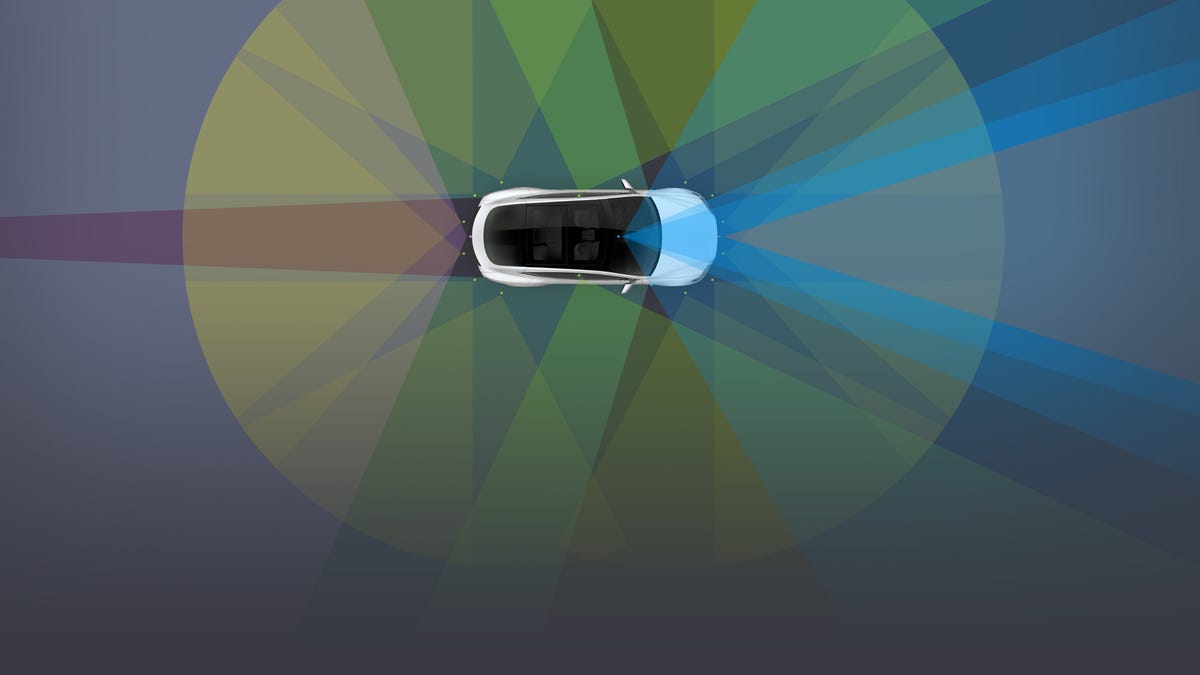Tesla may use a bespoke system-on-chip for its autonomous cars
It's reportedly working with Samsung, which would supply Tesla with semiconductors for this chip.

Many different suppliers are working to create chips for various automakers' self-driving cars. But Tesla is taking a different route, reportedly working with Samsung on its own, bespoke chip.
Samsung Electronics will supply the semiconductors for Tesla's own system-on-chip, Reuters reports, citing unnamed sources talking to South Korea's Electronic Times. The sources told Electronic Times that the project would take about three years to complete. Tesla did not immediately return a request for comment.
Tesla's used a variety of supplier parts in the past. Its Autopilot system started out with Mobileye's EyeQ3, but the automaker parted ways with Mobileye earlier this year. To support its latest Autopilot system, which features additional imaging hardware, Tesla moved to Nvidia's Drive PX 2 system.
Moving to its own, bespoke setup would not only give Tesla greater control over its hardware, it might also provide an advantage that other suppliers don't have. Electrek notes that Tesla hired a number of former AMD executives and chip architects earlier this year, which is helping reinforce these rumors as more than pure speculation.
On October 19, Tesla announced that every one of its cars manufactured after that date would possess the hardware necessary for complete (Level 5) autonomy. The cars, outfitted with a litany of sensors, cameras and radar, have many of these related functions disabled for the time being. But in the coming months, Tesla will start rolling out some of these functions, including systems that are still active in earlier cars, such as adaptive cruise control and autonomous emergency braking.
Given that this bespoke system-on-chip would take years to complete, it's likely that it would end up as the backbone for yet another iteration of Autopilot, provided that is what Tesla plans to do.

